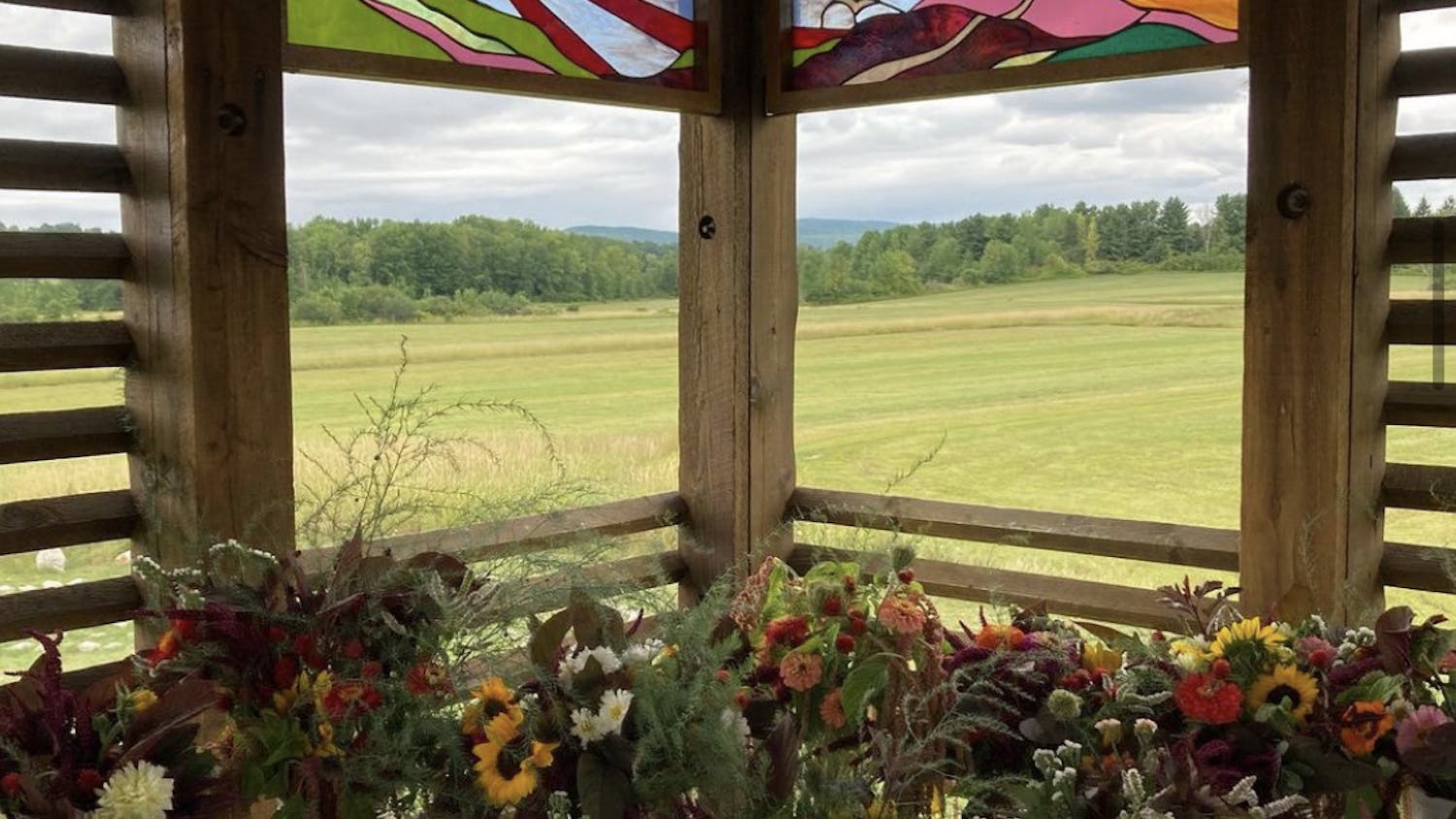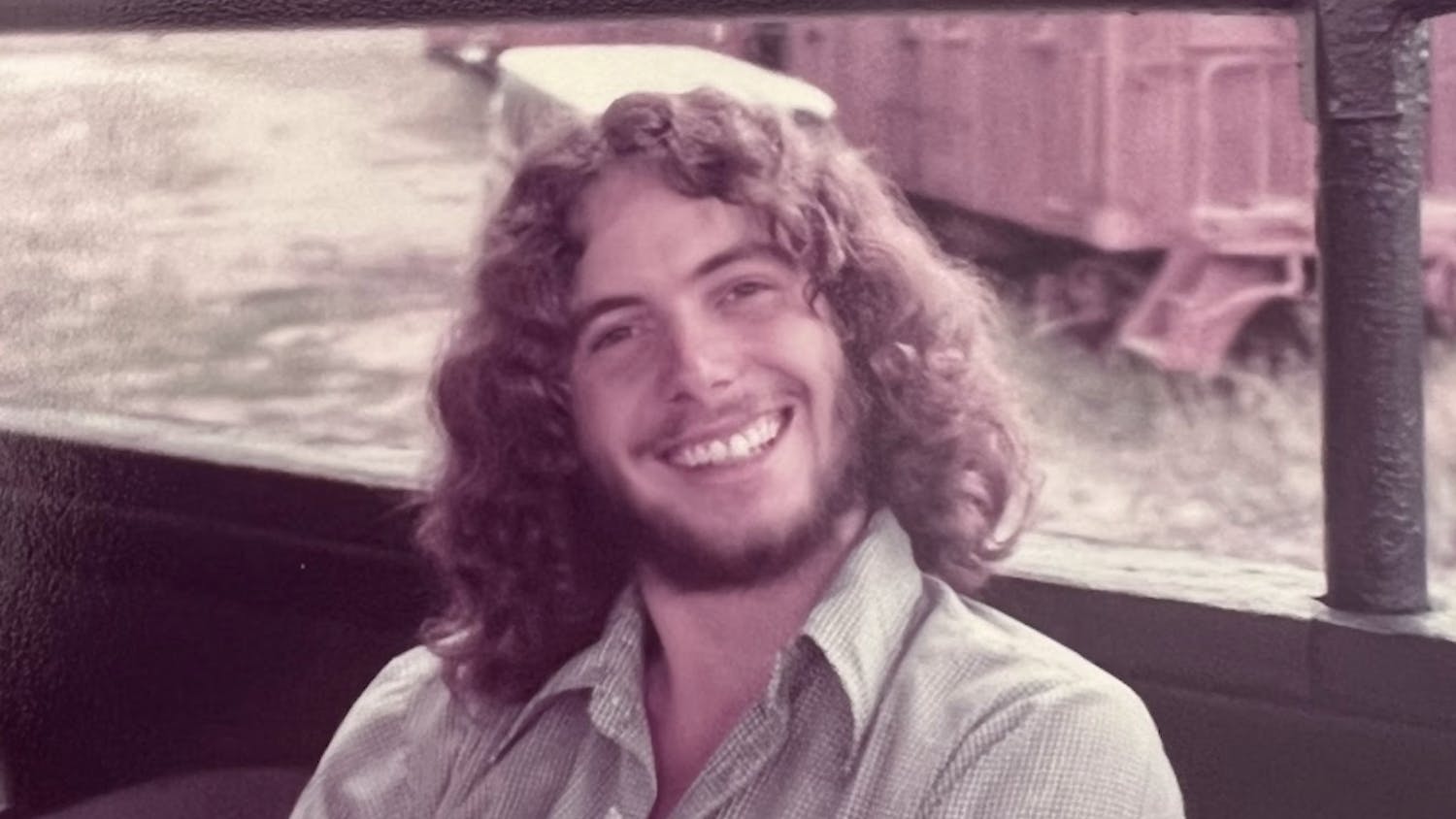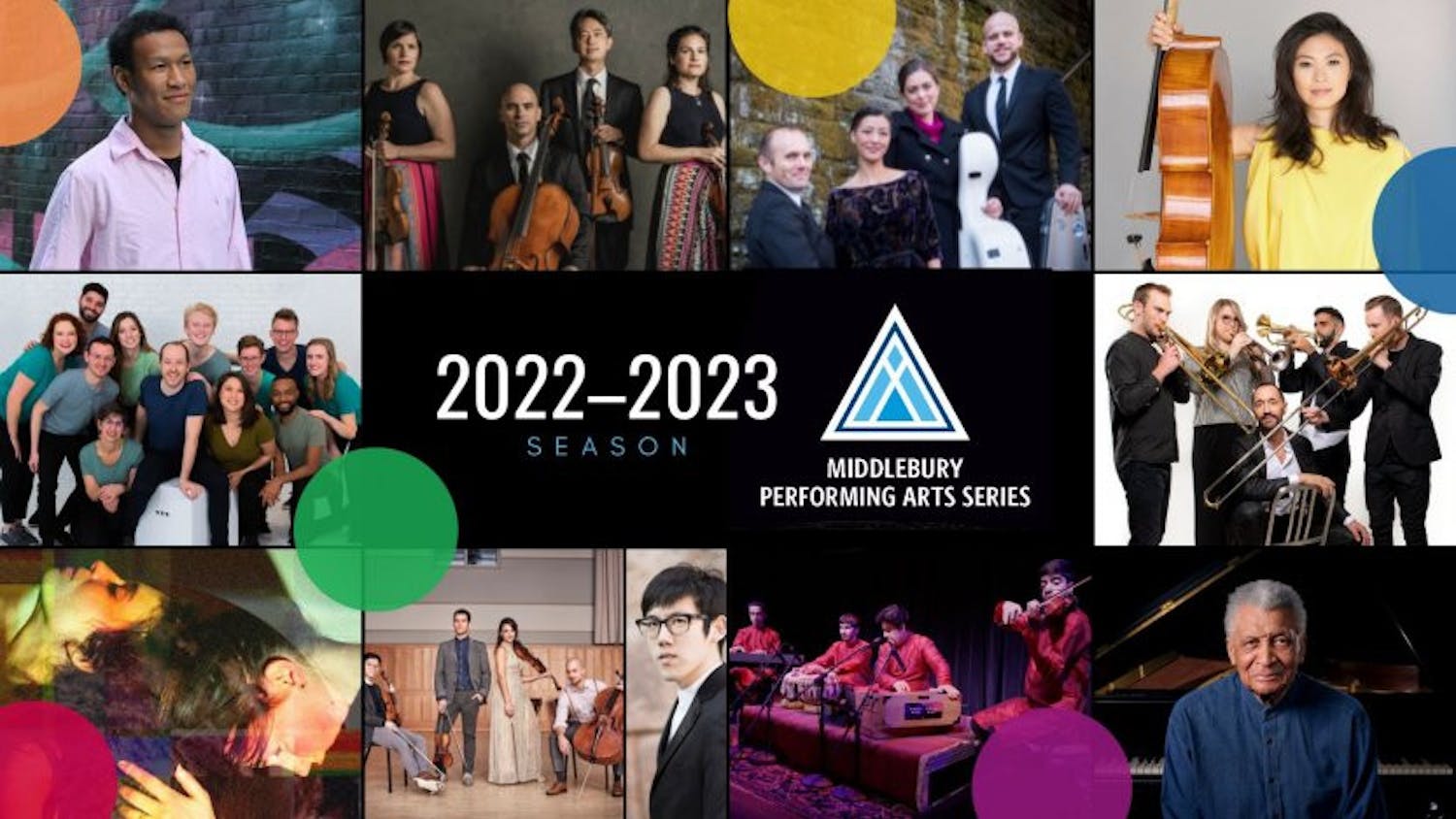During the peak of the Covid-19 pandemic, Middlebury students were frequently granted additional flexibility and room for self-care. From the expanded Credit/No Credit grading system to more lax due dates and “freebie” late days, there was infrastructure in place to grant more space to students when they were struggling.
However, many of these support structures are now forgotten relics, and the dissolution of them seems to imply to students that their academic performance must trump anything and everything else, no matter the cost. Gone are the days when students could miss class or get extensions without having to provide a “valid” excuse. Now, some professors are saying that there are no reasons why students should miss class.
The notion of “returning to normal” has exacerbated an increasing sense of pressure for students. Take fall “break” for example: students who opted to put work aside and actually take a break found themselves drowning in assignments, as professors had set due dates on the Sunday and Monday following break.
It is becoming increasingly apparent that the college has removed resources and fallbacks that allowed students to practice self-care and balance on their own terms. Now that we are halfway through the semester, many students are finding themselves without the means to grant themselves grace. While a bottom-up, student-centric approach to care cannot replace institutional structures that support mental health, there are still ways to find balance through community.
While we as a Board tend to avoid bestowing advice — after all, we’re students who are struggling too — we came together this week to discuss the ways in which we’ve been able to stay afloat even when the college has thrown us into the deep end, sans life jacket. We hope that some of these suggestions might resonate with students and particularly underclassmen who are experiencing the novel challenges of college work-life balance in the “post-pandemic” era.
Destigmatize asking for help
We get it — requesting an extension or admitting that you are struggling can sometimes feel like a personal failure. But over the years it’s become evident that no one else, whether that be deans, professors, or peers, is making any sort of judgment about our character or work ethic. Being our own worst critics can often prevent students from getting help. In addition, we’ve found that, if given enough of a heads up, professors are more than happy to grant extensions. Sometimes, finding the courage to ask in the first place can be a major step.
Practice learning how to be alone
After Middlebury, most of us will not have access to people around us 24/7. Many upperclassmen editors noted they were grateful for alone time and being able to be more independent without the social anxiety that may accompany eating or studying alone. Learning how to be alone without being lonely takes practice and comes with time, but once you do get there, it’s a lot less stressful when you don’t feel as if you have to plan out every hour of your day with other people. Some editors noted that despite the initial unease, going to events and club meetings where they didn’t know anyone actually ended up being surprisingly fulfilling and rewarding.
Accept and embrace the fluidity of friendships
It’s OK to move on from friendships that no longer serve you. This doesn’t mean a major falling out or fight has to happen — people change and that’s normal. Trying to force relationships that no longer make sense in the grand scheme of things can be stressful. Granting yourself the space to prioritize yourself and your needs is critical and makes balancing academics and extracurriculars more feasible. Making new, close friends as an upperclassman is more common than you might think, and being open to change allows your relationships to evolve as you do.
You don’t need to make up for lost time
After semesters perceived as “lost” to the pandemic, many students are feeling the pressure to not turn down any social opportunities that they couldn’t experience in previous years. “It can feel like a disservice to oneself to not take advantage of every opportunity for social interaction,” we wrote last fall in an editorial. “[But] these internal and external pressures to take advantage of the ‘return to normal’ only add to preexisting societal forces that claim college needs to be the best four years of your life.” This line of thinking can easily cause students to burnout quicker and compare themselves to others who they may perceive to be “making the most of college”. It’s more than OK to do what you need, whether that be going out, or not going out, or doing work, or not doing work. There obviously has been so much loss in the last few years, but this does not necessitate running yourself into the ground in pursuit of what you’ve lost.
Overall, there is no one-size-fits-all experience for self-care. But we do recognize that being intentional about balance is critical now that the days of college-sanctioned flexibility seem far gone.




